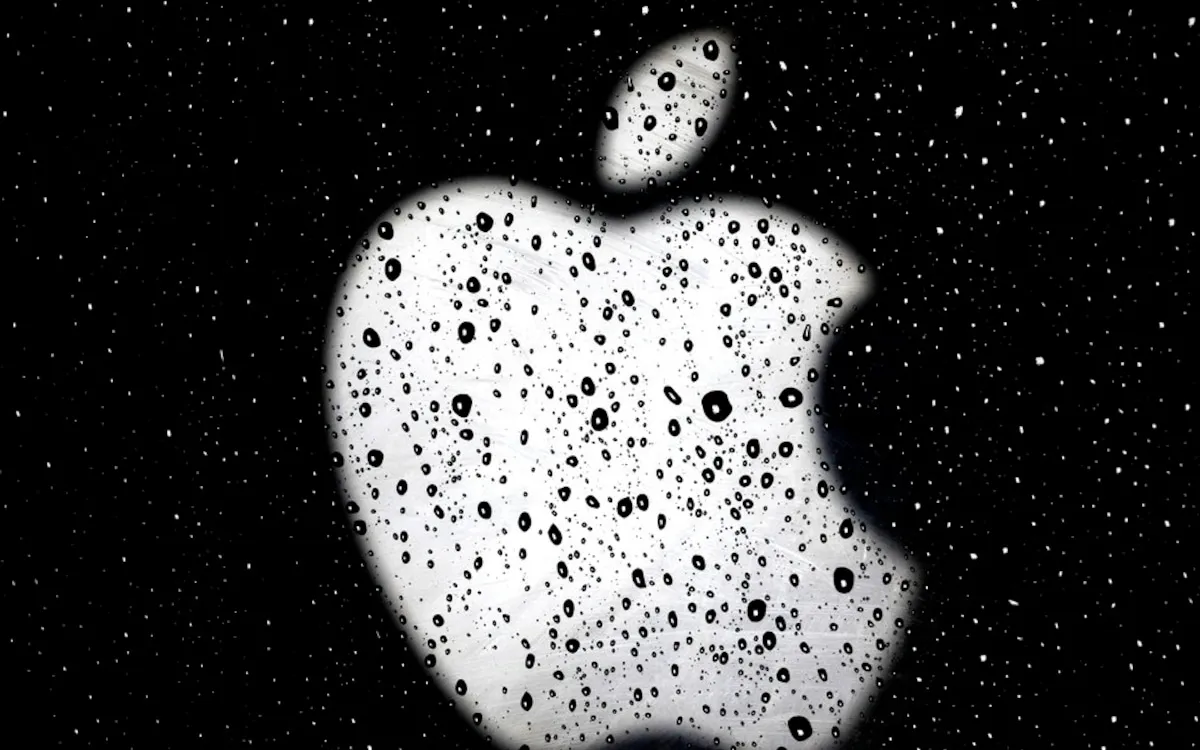
In a significant move highlighting privacy concerns, Apple has issued a warning to its iPhone users urging them to immediately remove a commonly used application. This alert, shared through a video on YouTube titled “Privacy on iPhone: Flock,” cautions users against continuing to use Google Chrome, although the company is not explicitly named in the video.
The term “Flock” mentioned in the video likely refers to FLoC—an acronym for Federated Learning of Cohorts. This controversial web tracking technology aimed to group users based on their online behavior, allowing advertisers to serve personalized ads without directly tracking individual users across the internet. Apple’s 1:48-minute video, which creatively parodies the classic Alfred Hitchcock horror film, emphasizes the risks associated with using the Chrome browser.
In a clever homage to the 1963 thriller “The Birds,” the video portrays iPhone users as victims under siege from a flock of birds, symbolizing the invasive nature of online trackers. This engaging narrative underscores the critical message that browser information is vulnerable to surveillance, a sentiment that resonates with privacy-conscious consumers.
Apple's warning has gained traction following Google's recent announcement that it will not proceed with its plan to phase out third-party cookies on Chrome, despite earlier commitments to enhance user privacy. This reversal has incited fresh criticism from privacy advocates, leading Apple to emphasize its own browser, Safari, as a superior alternative that genuinely prioritizes user privacy.
Unlike Safari, which is designed with privacy in mind, Google Chrome allows advertisers and websites to closely monitor users’ online activities. This tracking is a primary revenue source for Google. Initially, Google had promised to eliminate third-party cookies in favor of a more privacy-centric advertising model, but that initiative has since faltered. The tech giant has now reverted to its existing cookie framework, enabling users to manage cookie tracking at their discretion.
While cookies themselves are not inherently harmful, they pose a risk to user privacy, making it easier for personal information to be tracked or potentially leaked. If you are using Chrome on your iPhone, it is likely that you are still being monitored unless you utilize Incognito Mode or regularly delete your cookies.
The ongoing debate about whether Safari is a better option than Chrome continues to be a hot topic among users. In an Apple discussion forum, one user shared their experience: “I’ve been juggling between Chrome and Safari for over 10 years now. Although I’d prefer sticking to Safari exclusively, the reality is that I often find myself resorting to Chrome, especially when dealing with websites related to finance, business, and marketing tools or services. Some sites even display cautious warnings, signaling that Safari lacks full support.”
As privacy concerns grow, users are encouraged to assess their browser choices carefully. Consider switching to Safari for a more secure browsing experience on your iPhone, and stay informed about the implications of using popular applications like Google Chrome.